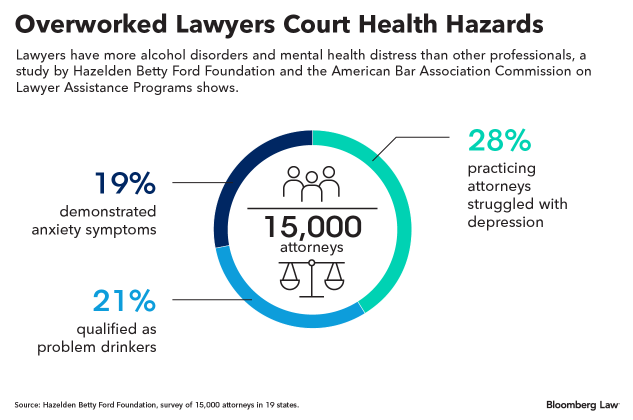
The accounting department. They’re the gatekeepers.
They approve, negotiate and process your invoices. They ensure that you’re paid on time for your hard work. Become their ally and your collection realization rates climb. Alienate them and realization rates drop.
The accounting department is treated as an afterthought
Are you making this mistake?
If you’re one of the few who doesn’t you’re part of a rare breed. As I mentioned in my previous article, many firms aren’t fully on board with compliance.
This is surprising as collection realization rates continue to decline.
It’s true, there are a variety of reasons for this problem. But compliance is a frequently neglected issue for two reasons. Attorneys are either…
- Not using legal codes as outlined by governing bodies or
- They’re using them incorrectly
Yes, there are a variety of compliance requirements that firms may have to manage (i.e. ISO 27001) as they grow. Many of these requirements can be managed by working with accredited and compliant third parties.
For now, we’re focused on one thing.
Revenue.
Specifically compliant timekeeping as it relates to accounting departments. Why does this matter? Developing a dependable and compliant relationship with accounting departments is an easy way to immediately boost collection realization rates.
Take care of accounting and they’ll take care of you
Accountants want specific things. They want you to meet corporate and compliance requirements. These details are typically discussed at the start of the relationship.
- Are you complying with attorney/client conflict checks?
- Are invoices in line with budget requirements?
- Are expense categories e.g. meals, experts, out of town travel, approved?
- Are the partners/associates listed on this invoice authorized to work on this case?
- Do expense percentages comply with their rules?
Here’s why details like these are so important.
Accountants have completely different goals.
As an attorney, you’re expected to attend primarily to your client’s needs. Accountants, on the other hand, are typically required to put the public interest first when they perform an audit or attestation. Accountants aren’t allowed to withhold or ignore negative information.
They’re expected to find it.
A comparative analysis backs this up. If you’re not aware of this mindset you can find yourself at odds with client accounting departments. It’s simply a different way of looking at things. Approach accountants with the wrong mindset and you create resistance.
Go above and beyond to eliminate resistance
Show accountants you’re willing to give them what they need and then some. If you’re expected to provide a certain amount of data, offer more. If it’s timekeeping and you’d like to earn your accountant’s goodwill you could:
- Track your time daily, as-it-happens.
- Verify changes to your timesheets are accurate and precise
- Record both billable and non-billable hours
- Provide a project breakdown using the appropriate legal/project codes
- Be ready to provide accountants with a complete digital audit trail of trust accounts
- When required, provide a detailed breakdown of 3rd party disbursements
- Verify compliance with ABA code set and relevant standards (e.g. LEDES 98B and insurance provider formats)
Not really an excessive ask, is it?
It essentially boils down to good habits. If you provide accountants with the data they need in the formats they need it, it’s easier for them to pay you.
If you’re dependable, they’ll be dependable
Probably.
Give your accountants what they need and they’re more likely to work with you on the details you need.
Wait a minute. That’s the problem.
What you do everything right and realization rates still aren’t where they need to be?
You still win.
How? You gain clarity.
If you’re exceeding expectations and you’re compliant with client requirements you know it’s not due to failure on your part. Excellence gives you a chance to negotiate with clients on equal footing. You’re able to discuss a failure on their part.
You’re able to hunt for the real problem.
Your excellence means they (a.) can’t hide behind a smokescreen e.g. you’re not compliant or you’ve failed to deliver in some way. (b.) they’ll need to give a clear answer on their failure to perform which then means (c.) you’re able to identify the underlying problem.
Excellence exposes their excuses.
Accounting departments expect excellence
Are you thoughtful, compliant and dependable? When you work with accounting, do you treat them like the indispensable professionals they are?
If so, you’re part of a wise minority.
These accountants approve, negotiate and process your invoices. They ensure that you’re paid on time for your hard work. Become their ally and your realization rates will climb. Alienate them and your realization rates will fall.
How do you become an ally?
Create good habits. Provide accounting departments with the precious data they need. Give these gatekeepers the data they need in the formats they need it. Take care of your accountants and you’ll find it’s easier for your firm to receive payment.








